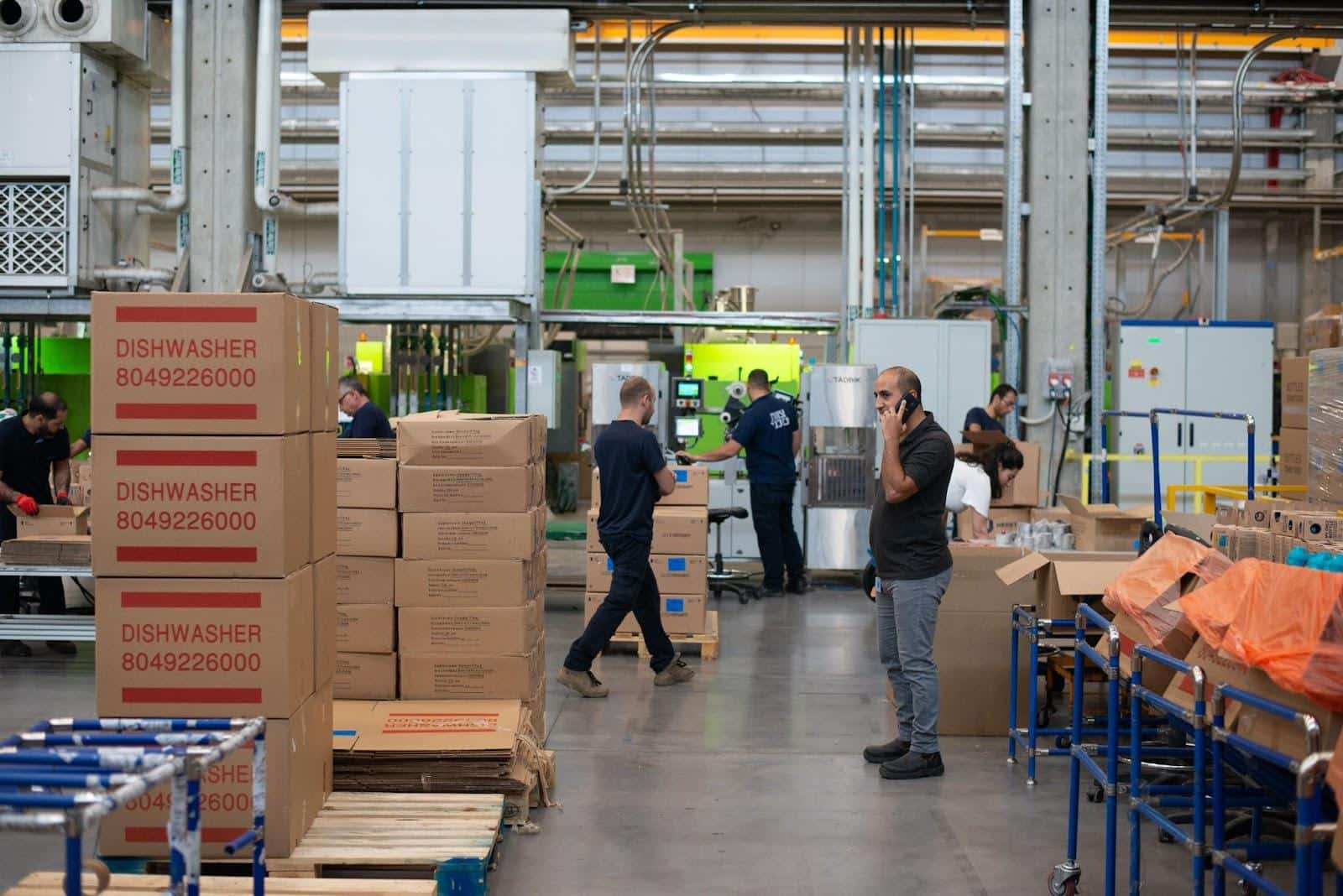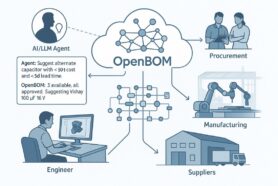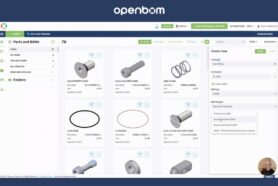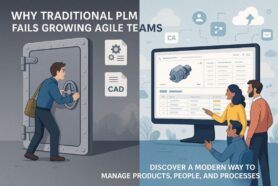
Years ago, we all had to go to retail stores to purchase products we wanted to buy. Then, the internet brought us a brand new way to sell with sites such as Amazon and retailers increasing their online presence as well. The newest trend is purchasing directly from the brand’s website and cutting out the middleman, whether it’s Amazon or retailers. This new and growing trend is direct-to-consumer (DTC).
According to BigCommerce, “A direct-to-consumer business sells its own product directly to its end customers, without the help of third-party wholesalers or retailers.”
Sometimes DTC customers can also sell on Amazon or in retail but they also provide an option to go to their website to purchase directly from them.
Some well-known DTC brands are Casper, Dollar Shave Club, Allbirds, & Warby Parker.
For a DTC brand to come out of the shadows and sell directly to the consumer, they need to make multiple changes to their business strategy. While your contract manufacturer (CM) can not help you achieve all of your goals, they will be a strong partner for you to be successful.
Here are 4 ways your CM will be a vital part of your DTC growth.
Lower MOQ
Managing cash flow is always a challenge when you are launching a new brand or throughout the life of a product. One of the main ways brands look to improve their cash flow is to purchase in smaller quantities, especially when they are starting out.
While a CM will prefer a larger order, they also will think about the long-term potential of your brand. If you put all of your cash into inventory and nothing into sales and marketing then there will be no repeat orders. A CM makes their money on repeat orders, and not the first order. Therefore, it is in their best interest if you are able to allocate the necessary funds to sales and marketing, even if that means a lower MOQ.
Speed
Like all brands, speed to market is usually quite important. In the DTC space, competition comes up from all sorts of directions. The main reason for this competition is lower barriers to entry. You don’t need to have a connection or pitch your product to a retailer. You just create a website and with some clever marketing and PR, you can have traction.
In order to keep you out in front of your competition, you will need to have development projects in the pipeline. While most DTC brands might have an engineer or designer in-house, they defer most of the later stage development to their CM.
This later stage development work usually includes design for manufacturing (DFM), prototypes, tooling, documentation, and pilot run.
Staying ahead of the competition is important and your CM will have an important role to play in this.
Engineering Support
The engineering department of your CM will bring huge value to your DTC brand. The success of a DTC brand heavily depends on the relationship with its customers. This means listening to customer feedback and acting quickly on this.
This means if the majority of your customers are looking for a specific product then you better deliver it. And if you want to deliver it then you better develop it. If your CM is able to provide engineering support then you will be able to quickly move through the development of your product.
DTC brands will also try to work with influencers, whether those are athletes, social media personalities, or actors. These influencers will require a unique product with unique branding. Being able to quickly develop a new version of the product for them will drastically increase your brand awareness.
In order to accomplish this, you will need to leverage your CM’s engineering team.
Quality Assurance
Any quality problem is bad. DTC brands thrive off reviews and a few bad reviews can potentially harm the product, While it is very important to solve quality problems in the field, it’s also important to have strict quality standards that prevent defects from leaving the factory.
The CM you work with should have a proactive quality team that can raise the red flag when there are potential issues and when parts are defective.
Having a weak quality team or a quality team that is managed by the production team will lead to multiple quality problems that consistently go overlooked. While your production team will be happy to ship, they will soon regret it when future orders decrease because of quality defects.
What Can You Do Today?
If you are a DTC brand, you need to act quickly. You need a system that is able to manage all of your product data so you can manage, store, and share it efficiently.
What you need is a single source of truth. One centralized platform where you, your team, CM, and others are able to access the most up-to-date information.
OpenBOM is a cloud-based platform to manage your engineering and manufacturing data. Companies from startups to Fortune 500’s use OpenBOM to create a centralized database to bring in, store and manage their manufacturing data. With this infrastructure, users also use OpenBOM to streamline both their change management and PO processes.
If you need to improve the way you manage your data and processes, contact us today for a free consultation.
Regards,
Jared Haw
Join our newsletter to receive a weekly portion of news, articles, and tips about OpenBOM and our community.










